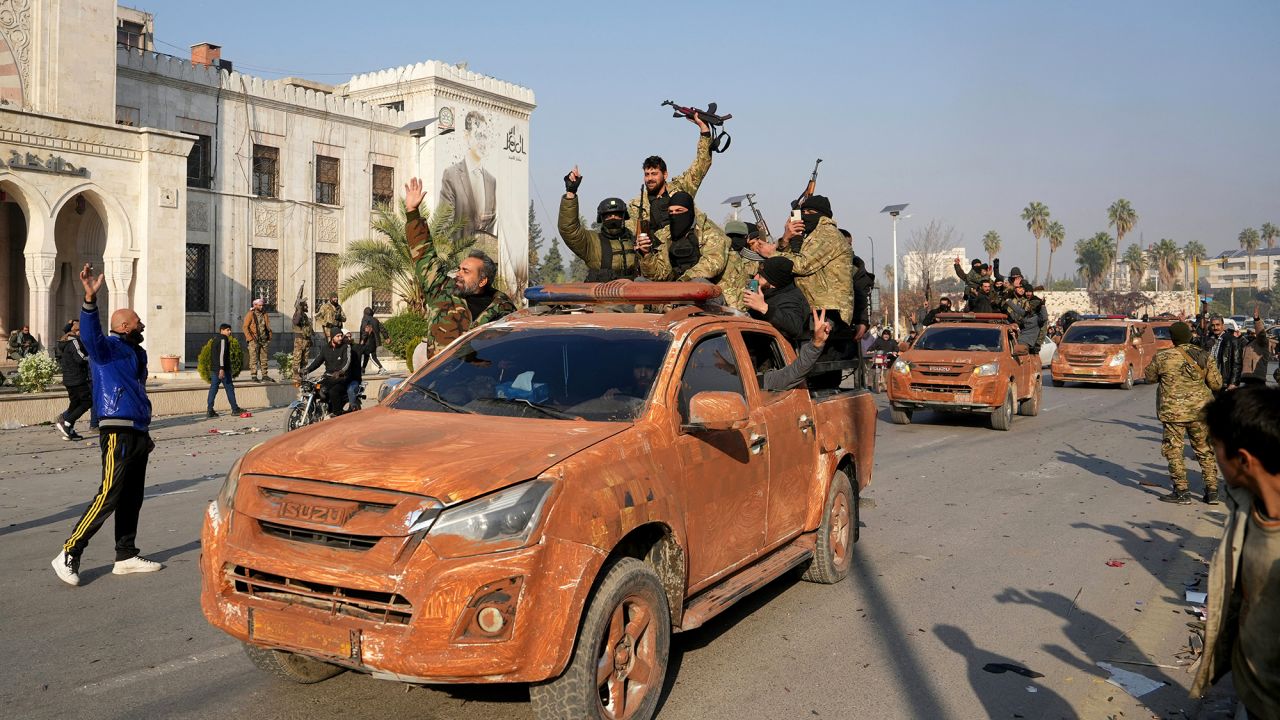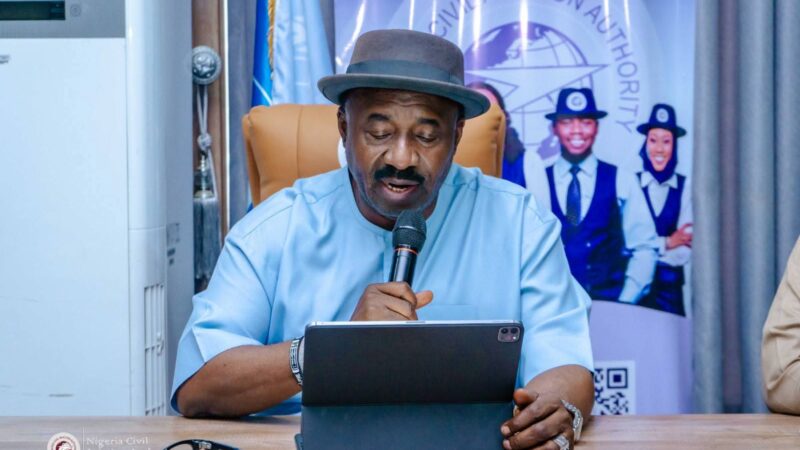Rebels Seize Damascus as Assad Flees to Russia, Ending Decades of Autocratic Rule in Syria

Syrians woke on Monday to the dawn of a new era after rebel forces captured the capital city of Damascus, forcing President Bashar al-Assad to flee to Russia.
This marked the end of a 13-year civil war and over 50 years of oppressive rule by the Assad family.
The swift advance was led by a coalition of militias spearheaded by Hayat al-Tahrir al-Sham (HTS), a former al-Qaeda affiliate.
Their success has redefined the political landscape of the Middle East, erasing a pivotal bastion of Iranian and Russian influence in the region.
Russian media confirmed Assad’s arrival in Moscow alongside his family, with Mikhail Ulyanov, Russia’s ambassador to international organisations in Vienna, announcing the news on his Telegram channel on Sunday.
According to Reuters, international leaders have cautiously welcomed the fall of Assad’s regime, recognising the potential for a reconfigured Middle East.
US President Joe Biden described Syria’s future as “fraught with risk and uncertainty,” highlighting the diminished roles of Russia, Iran, and Hezbollah in the region for the first time in years.
Despite HTS’s classification as a terrorist organisation by the US, Turkey, and the United Nations, the group has sought to rehabilitate its image in recent years, aiming to gain trust from international governments and Syria’s diverse minority groups.
The regime’s collapse has dealt a significant blow to Iran’s ability to distribute weapons to its allies and threatens Russia’s naval base in the Mediterranean.
For the millions of refugees scattered across Turkey, Lebanon, and Jordan, the fall of Assad offers a glimmer of hope for a return to their homeland after more than a decade.
Ahmed al-Sharaa, better known as Abu Mohammed al-Golani, the head of HTS, addressed thousands of jubilant supporters at the Umayyad Mosque in Damascus on Sunday.
Calling the victory a turning point for the Islamic world, Golani promised a brighter future for Syria, saying, “With hard work, Syria will become a beacon for the Islamic nation.”
However, the challenges ahead are immense. Syria’s infrastructure lies in ruins after years of relentless conflict. The economy has been hollowed out by global sanctions, and the nation will require billions of dollars in aid to rebuild.
Former Prime Minister Mohammed Jalali expressed willingness to cooperate with the new leadership, emphasising the need for a peaceful transfer of power and continuity in providing essential services to Syrians.
Assad’s regime was notorious for its brutal repression, with thousands languishing in dire conditions within its prisons.
On Sunday, the fall of the regime triggered a wave of emotional scenes across Damascus as former prisoners were freed.
Families wept as they reunited, and newly liberated detainees were seen running through the streets, displaying the number of years they had spent in captivity.
The White Helmets rescue organisation has deployed teams to search for underground cells where detainees may still be held.
On Monday, a curfew declared by the rebels kept Damascus largely quiet. Streets were empty except for rebel fighters patrolling in fatigues, many driving vehicles with licence plates from Idlib, the northwestern province where the offensive began 12 days ago, according to Reuters.
Firdous Omar, a fighter from Idlib, stood atop a tank in central Umawiyeen Square. “We had a purpose and a goal, and now we are done with it. We want the state and security forces to be in charge,” he said, expressing hope for a return to his farming life.
The geopolitical reverberations were immediate. The Israeli military released images of its forces near Mount Hermon, close to the Israeli-occupied Golan Heights.
Meanwhile, US Central Command announced a series of airstrikes targeting Islamic State camps in central Syria.
US Secretary of Defense Lloyd Austin confirmed discussions with Turkish Defence Minister Yasar Guler, emphasising civilian protection amidst the shifting dynamics.
As Syrians grapple with an uncertain but hopeful future, the fall of Assad’s regime marks the beginning of a monumental rebuilding process, symbolising both the end of a dark chapter and the promise of a brighter one (hopefully).







